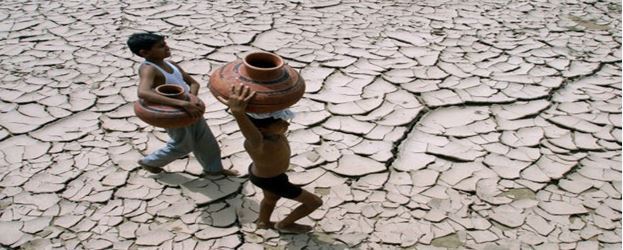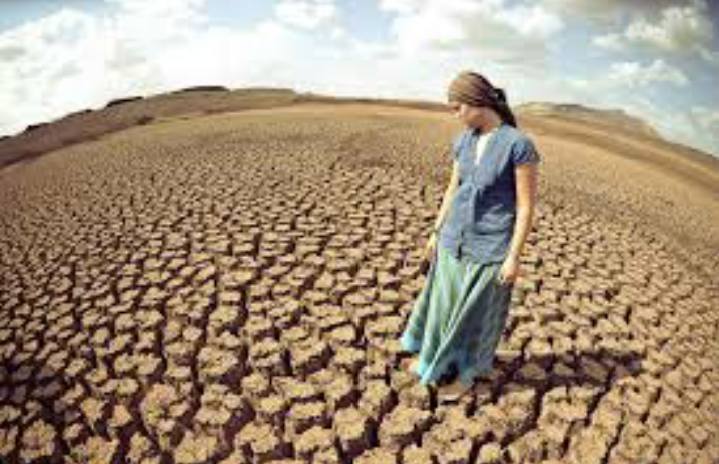Water shortage is the most common recent problem around the globe and according to the UN by the end of 2025 are about 1,800 million people living in “fewer water areas”. Pakistan also faces the inconvenience that we are in third place with a serious water shortage. In Pakistan, it has become a very serious crisis due to our shortage of capacity to store water. Unfortunately, until now it was not possible to appear as the real revelation in national or global media. Reports from the United Nations Development Program (UNDP) and the Pakistan Water Resource Research (PCRWR) warn that people will have little water by 2025 and that more than 200 million people will depend on the comprehensive court. Water, there are already many options. The public will find responsible answers to this question. Pakistan is the fourth largest water consumption in the world and has the highest hydroelectric level of all time: the amount of water per cubic meter produced per unit of GDP. – A world that describes a large outrageous image of the nation “It is not extensive in the guide” As reported by the International Monetary Fund (IMF), Pakistan is one-third of people suffering from water shortages. The nation has 1017 cubic meters of water supply per year, which is dangerous near the failure of 1,000 cubic meters per line. Pakistan receives approximately 145 million pieces of groundwater every year, but it can only land 13.7 million pieces. It needs 40 million parts of the water, but unfortunately, it lost 29 million parts of the ground because we could not build dams.









Contact us for any query:
Email us: onlinehydrologyeducation@gmail.com
WhatsApp: +92 3024599827
Follow us on Social Media
*Facebook Page*: https://www.facebook.com/onlinehydrologyeducation
*Twitter:* https://twitter.com/onlinehydrology?t=XglBxnXk2fCcwGhUJesbmw&s=09
*Instagram:* https://www.instagram.com/onlinehydrologyeducation
*Linkedin:* https://www.linkedin.com/company/online-hydrology-education
*YouTube:* https://youtube.com/channel/UC-l8sjuURmXwOnLRue7tSzA
Best Regards:
Online Hydrology Education Team